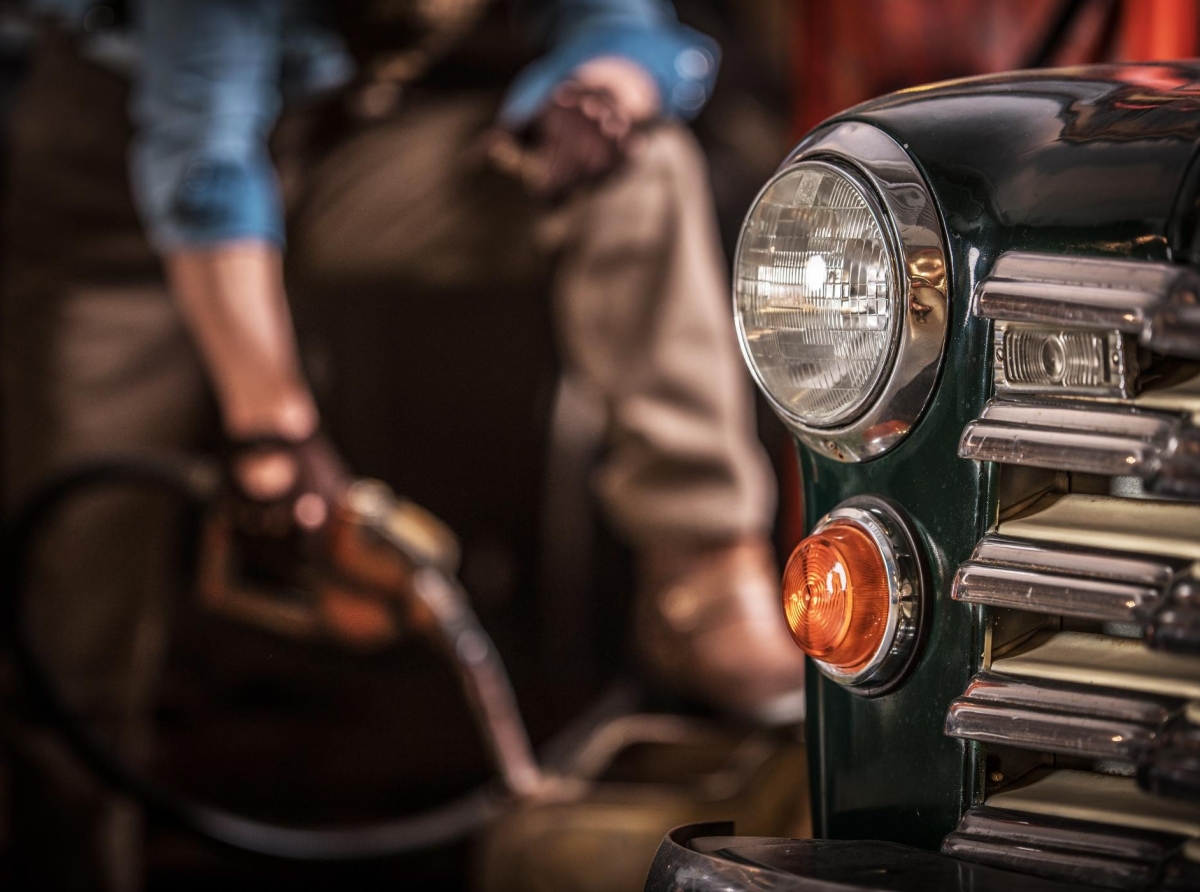Mechanics
Will the Genesis X Skorpio Ever See the Light of Day?
The Classic Car Industry Needs Technicians

When you attend a car show like Quebec’s, last May, it becomes clear that traditional automotive mechanics, from the 1960s to 2000, remain vital. One might assume classic-car owners keep their collector’s parts safely stored in private garages, but it is in fact the opposite. The problem is that many of these owners love to drive their vehicles (especially in summer, of course), yet they aren’t always skilled mechanics. At the first sign of trouble or a breakdown, they look for mechanics who can fix their prized possession so they can get back on the road.
In many cases, these “collectors” turn to a brand dealership hoping for a solution. Unfortunately, not every dealership or garage has a top-notch mechanic on staff who can repair their customer’s vehicle.
Recently, our publication mentioned an advanced school in the United States offering technical automobile programs, ranging from certificate courses to engineering degrees. A few graduates just emerged from that program, but demand far exceeds supply. Naturally, there are specialists in highly focused workshops who can examine and repair these vehicles, but they are few and often fully booked.
In a previous issue of L’Automobile, there was a feature on Shelby’s Canadian division at Olivier Ford. During that visit, my host Nicolas Lespérance showed us a Shelby GT500 coupe under repair in the company’s main shop. It was handled by an experienced mechanic, “One of the last remaining”, said Nicolas Lespérance.
However, in a recent report for the specialized publication L’Automotive News, American journalist Richard Truett explained that mechanics are needed, not only for baby-boomer classics but also for Honda CRX, Nissan Z, Toyota Supra, BMW 3 Series, and so on: The cars of millennials and Generation Z! These vehicles are increasingly packed with electronic and computer systems. According to Truett, a study commissioned by the powerful insurer (and retailer) group Hagerty shows that the next wave of collector-car enthusiasts will indeed come from these generations.
With modern and electric cars often priced out of reach, it wouldn’t be surprising to see used performance cars from fifteen or twenty years ago become coveted classics in excellent condition. But who will maintain or repair these bolides? Food for thought!

L'Automobile Magazine
News
Business Directory



 En
En  Fr
Fr 



